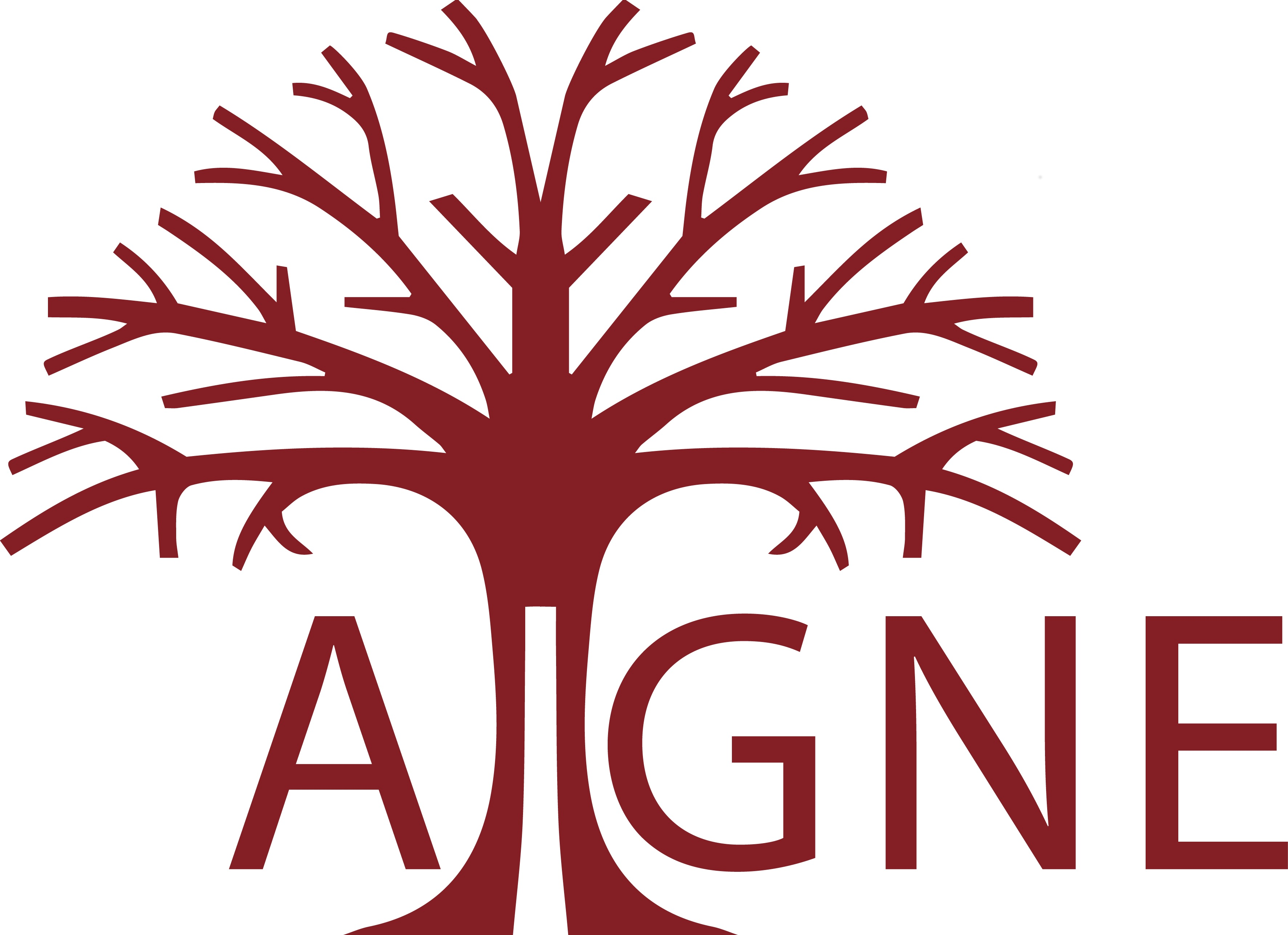Nietzsche and Montaigne: Dionysian Pessimism
DOI:
https://doi.org/10.33178/aigne.vol5.3Abstract
Friedrich Nietzsche’s writings are replete with attacks on past philosophers— Socrates, Plato, Kant and Hegel: all these are subject to his censure. Even Arthur Schopenhauer, whose philosophy is of fundamental importance to Nietzsche and whom he greatly admired, is not immune from criticism: Schopenhauer’s philosophical pessimism is persistently mocked in Nietzsche’s later work. With this in mind, Nietzsche’s unswerving reverence for Michel de Montaigne appears all the more remarkable. Whenever Nietzsche mentions Montaigne in his writing, his comments reveal a profound admiration. Considering Nietzsche’s esteem for Montaigne, one would expect to find discussions of Montaigne’s Essays pervading his work; yet Nietzsche’s explicit engagement with Montaigne amounts to no more than a few remarks scattered throughout his corpus. As a consequence, the impact of Montaigne’s thought on Nietzsche has, hitherto, received scant scholarly attention. But the Essays exerted a profound effect on Nietzsche and the paucity of direct reference to Montaigne in his work belies a substantial implicit influence. The aim of my paper is to address this lacuna in the literature by making evident the importance of the Essays to the development of Nietzsche's philosophy. Nietzsche’s embrace of Montaigne in “Schopenhauer as Educator”, the third of his Untimely Meditations, marks a fundamental turning point in his thought and is essential to understanding his mature philosophy. I argue that Montaigne is a key inspiration for Nietzsche as he begins to conceive of a counter ideal to Schopenhauerian pessimism—what he calls Dionysian pessimism.References
Downloads
Published
2018-11-26
Issue
Section
Articles
License
For our full Copyright Notice see our Author Guidelines.


